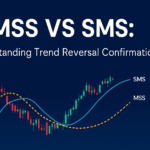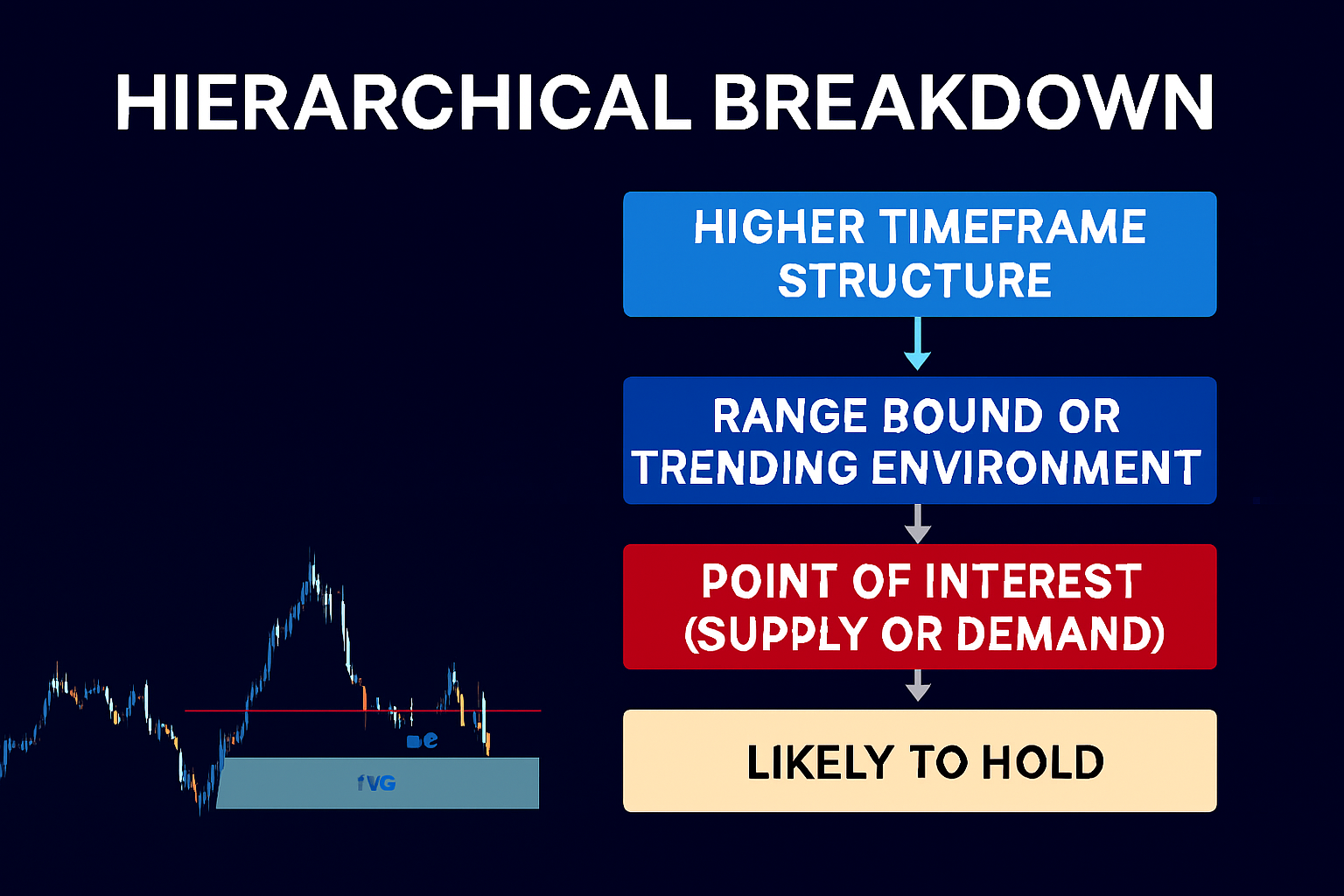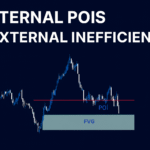In today’s digital age, selecting the right ecommerce platform is crucial for the success of your online business. With numerous options available, it can be overwhelming to determine which platform aligns best with your business goals and needs. Here are seven essential tips to help you choose the right ecommerce platform.
>> Here’s the Proven Way to Make $100-$200 Daily with 0 Investment – Watch This FREE Video and Start Now >>

1. Define Your Business Requirements
Before diving into the selection process, take time to assess your business requirements. Consider factors such as the size of your catalog, expected traffic volume, payment methods, shipping options. And any specific features you may need, like inventory management or multi-language support. Understanding your needs will guide you in finding a platform that can accommodate them.
2. Consider Scalability and Flexibility
Your ecommerce platform should be able to grow with your business. Look for a solution that offers scalability and flexibility, allowing you to easily add new products. Integrate third-party tools, and handle increased traffic without compromising performance. This ensures that your platform can adapt to your evolving business needs over time.
3. Evaluate Ease of Use
A user-friendly interface is essential for managing your online store efficiently. Choose a platform that is intuitive and easy to navigate, both for you as the business owner. And for your customers. Features such as drag-and-drop website builders, customizable templates, and straightforward product management tools can simplify the process. of setting up and maintaining your ecommerce site.
4. Assess Integration Options
Seamless integration with third-party tools and services is vital for enhancing the functionality of your ecommerce platform. Consider whether the platform easily integrates with your preferred payment gateways, shipping carriers, accounting software, marketing tools, and other business applications you rely on. This integration capability streamlines operations and improves overall efficiency.
5. Evaluate Security Measures
Security is paramount when it comes to online transactions and customer data protection. Ensure that the ecommerce platform you choose complies with industry-standard security protocols and offers features such as SSL encryption, PCI DSS compliance, and robust fraud prevention measures. This helps build trust with your customers and protects your business from cyber threats.
6. Review Pricing and Costs
Different ecommerce platforms come with varying pricing structures, including subscription fees, transaction fees, and additional charges for premium features. Evaluate your budget and compare the costs of different platforms to find one. that offers the best value for your money. Consider not only the initial setup costs but also the long-term expenses as your business grows.
7. Seek Customer Support and Resources
Reliable customer support is essential for troubleshooting issues and getting assistance when you need it. Choose an ecommerce platform that offers responsive customer support through multiple channels, such as live chat, email, or phone. Additionally, look for platforms that provide extensive documentation, tutorials. and community forums to help you maximize the potential of your online store.
>> Here’s the Proven Way to Make $100-$200 Daily with 0 Investment – Watch This FREE Video and Start Now >>
Define Your Business Requirements
Before diving into the world of ecommerce platforms, it’s crucial to define your business requirements. This step sets the foundation for finding the perfect platform that aligns with your goals and objectives.
- Catalog Size: Determine the size of your product catalog. Whether you have a few products or thousands, your platform should handle your inventory efficiently.
- Expected Traffic: Consider the amount of traffic you anticipate. Choose a platform that can handle the volume without sacrificing speed or performance.
- Payment Methods: Identify the payment methods you want to offer. Your platform should support these options securely.
- Shipping Needs: Assess your shipping requirements, including domestic and international shipping, as well as any special handling needs.
- Specific Features: Identify any specific features you need, such as inventory management, multi-language support, or marketing tools.
- Budget: Determine your budget for the ecommerce platform, including setup costs and ongoing expenses.
- Integration: Consider integration with third-party tools like accounting software, CRM systems, or marketing platforms.
- Scalability: Lastly, think about your future growth. Choose a platform that can scale alongside your business.
By defining your business requirements upfront, you’ll be well-equipped to choose an ecommerce platform that meets your needs now and in the future.
Consider Scalability and Flexibility
When selecting an ecommerce platform, it’s essential to consider scalability and flexibility. Your business is likely to grow over time, so choosing a platform that can accommodate that growth is crucial.
- Growth Potential: Look for a platform that can scale alongside your business, accommodating increases in traffic, product catalog size, and sales volume.
- Customization Options: Ensure the platform offers flexibility for customization, allowing you to tailor your store’s design and functionality to meet your evolving needs.
- App Integration: Choose a platform that easily integrates with third-party apps and tools, enabling you to add new features and functionalities as your business expands.
- Performance: Opt for a platform with reliable performance, capable of handling high traffic volumes and providing fast load times to ensure a smooth shopping experience for customers.
- Infrastructure: Consider the platform’s infrastructure and hosting options to ensure it can support your growth without downtime or performance issues.
- International Expansion: If you plan to expand internationally, select a platform that supports multiple currencies, languages, and tax regulations to facilitate seamless global operations.
- Feedback and Updates: Look for a platform that actively seeks feedback from users and regularly updates its features and capabilities to stay ahead of evolving ecommerce trends.
By prioritizing scalability and flexibility in your ecommerce platform choice, you can future-proof your online business and ensure that your platform can grow and adapt alongside your success.
Evaluate Ease of Use
A user-friendly interface is crucial for managing your online store efficiently. Here are six key points to consider when evaluating the ease of use of an ecommerce platform:
- Intuitive Interface: Look for a platform with an intuitive dashboard and navigation that makes managing your store effortless.
- Customization: Ensure the platform offers easy customization options for branding and design without requiring coding knowledge.
- Product Management: Evaluate how simple it is to add, edit, and organize your products within the platform’s interface.
- Order Management: Check the process for managing orders, including tracking, fulfillment, and customer communication.
- Content Management: Assess how easy it is to create and update content such as product descriptions, blog posts, and landing pages.
- Support and Resources: Consider the availability of tutorials, documentation, and customer support to assist you in navigating the platform.
Choosing an ecommerce platform with a user-friendly interface streamlines operations and ensures a positive experience for both you and your customers.
Assess Integration Options
Seamless integration with third-party tools is essential for maximizing the functionality of your ecommerce platform. Here are six points to consider when assessing integration options:
- Payment Gateways: Ensure the platform supports popular payment gateways like PayPal, Stripe, and Square for smooth transactions.
- Shipping Carriers: Look for integration with major shipping carriers like FedEx, UPS, and USPS to streamline shipping processes.
- Accounting Software: Check compatibility with accounting software such as QuickBooks or Xero for easy financial management.
- Marketing Tools: Evaluate integration with email marketing, social media, and analytics platforms to drive sales and track performance.
- Inventory Management: Assess integration with inventory management systems to keep track of stock levels and automate reordering.
- CRM Systems: Consider integration with customer relationship management (CRM) software to enhance customer engagement and retention.
Choosing an ecommerce platform with robust integration options ensures smooth operations and allows you to leverage additional tools to grow your business effectively.
>> Here’s the Proven Way to Make $100-$200 Daily with 0 Investment – Watch This FREE Video and Start Now >>
Evaluate Security Measures
Security is paramount in ecommerce to protect both your business and your customers’ sensitive information. Here are seven key points to consider when evaluating security measures in an ecommerce platform:
- SSL Encryption: Ensure the platform uses SSL encryption to secure data transmitted between the website and customers’ browsers.
- PCI Compliance: Verify that the platform is PCI DSS compliant, ensuring the safe handling of credit card information.
- Fraud Prevention: Look for features like address verification, CVV checks, and fraud detection algorithms to prevent fraudulent transactions.
- Data Backup: Check if the platform offers regular backups of your store’s data to prevent data loss in case of a breach.
- Regular Updates: Ensure the platform regularly updates its software to patch security vulnerabilities and protect against emerging threats.
- Secure Hosting: Choose a platform that provides secure hosting with measures like firewalls, intrusion detection, and DDoS protection.
- Security Audits: Look for platforms that undergo regular security audits by third-party experts to ensure compliance and identify potential risks.
Prioritizing security measures in your ecommerce platform selection helps safeguard your business and customer data, building trust and confidence in your online store.
Review Pricing and Costs
Understanding the pricing structure of ecommerce platforms is crucial for budgeting and long-term success. Here are seven points to consider when reviewing pricing and costs:
- Subscription Fees: Evaluate monthly or annual subscription costs based on your budget and expected sales volume.
- Transaction Fees: Check for additional fees per transaction and compare them with your profit margins.
- Add-on Costs: Be aware of extra charges for premium features, themes, or apps.
- Scalability Pricing: Consider how pricing changes as your business grows.
- Discounts or Promotions: Look for discounts or promotional offers that may lower initial costs.
- Payment Processing Fees: Assess charges from payment gateways for processing transactions.
- Hidden Costs: Beware of hidden costs, such as setup fees or data migration expenses.
Carefully reviewing pricing and costs ensures you choose an ecommerce platform that fits your budget and maximizes your ROI.
Seek Customer Support and Resources
Access to reliable customer support and helpful resources can make a significant difference in managing your online store. Here are eight points to consider when seeking customer support and resources for your ecommerce platform:
- Availability: Ensure customer support is available via multiple channels like live chat, email, and phone, and check their response times.
- Knowledge Base: Look for an extensive knowledge base with articles, guides, and tutorials for self-help assistance.
- Community Forums: Join community forums where you can ask questions, share experiences, and learn from other users.
- Video Tutorials: Check for video tutorials that demonstrate platform features and functionalities step by step.
- Documentation: Verify the availability of comprehensive documentation covering all aspects of the platform.
- Training Programs: Consider platforms that offer training programs or webinars to help you master the platform.
- Dedicated Support: Choose platforms that provide dedicated account managers or priority support for critical issues.
- Feedback Mechanism: Ensure there is a feedback mechanism for users to report issues and suggest improvements.
Prioritizing customer support and resources ensures you have the assistance you need to effectively manage your ecommerce platform and overcome any challenges that may arise.
Conclusion
By following these seven tips, you can make an informed decision when selecting the right ecommerce platform for your business. Remember to prioritize your specific needs, scalability, security, and support options to create a solid foundation for your online venture.
>> Here’s the Proven Way to Make $100-$200 Daily with 0 Investment – Watch This FREE Video and Start Now >>
Thank you for taking the time to read my article “ow to Choose the Right Ecommerce Platform for Your Business”, hope it helps!













